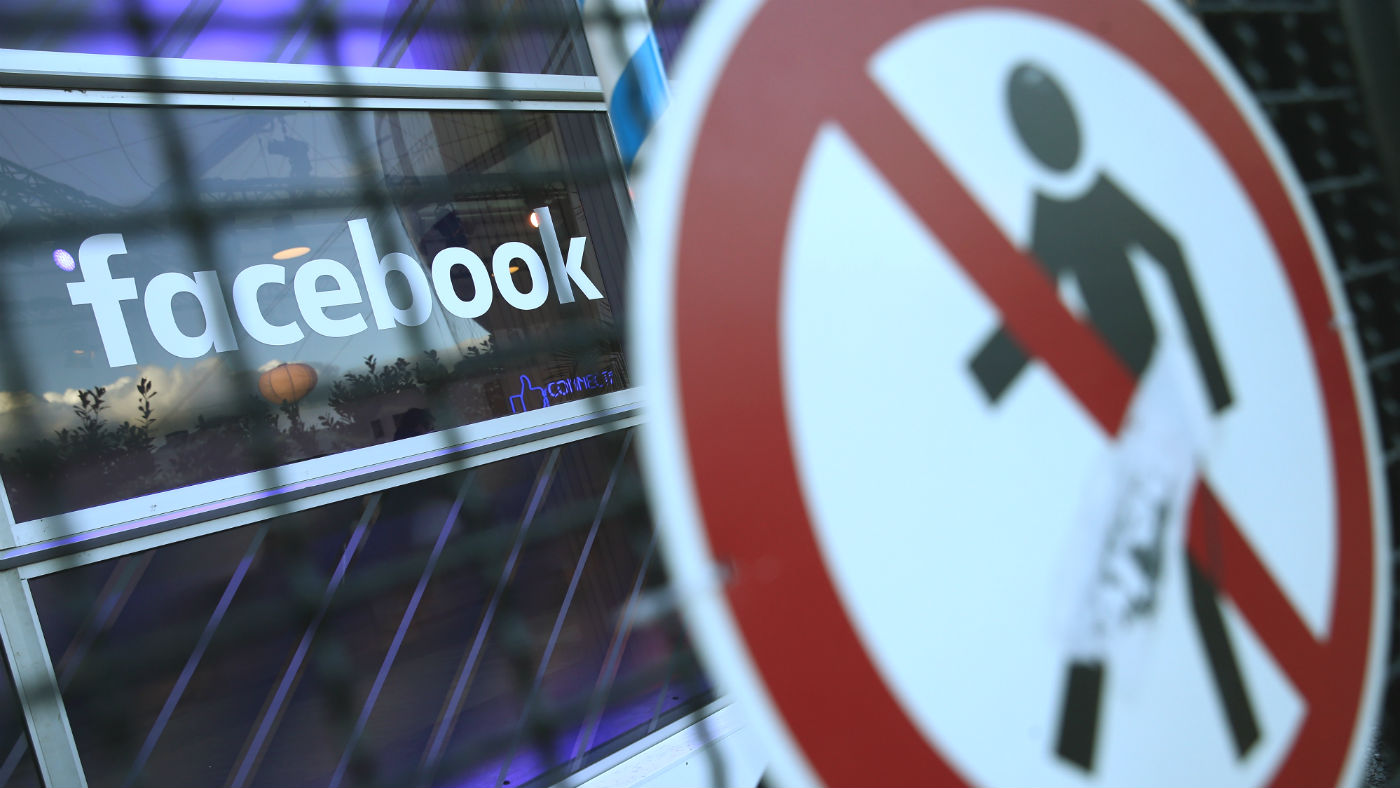Facebook acts to stem user exodus
Changes to news feed seek to address backlash against fake news and psychological impact of social media

A free daily email with the biggest news stories of the day – and the best features from TheWeek.com
You are now subscribed
Your newsletter sign-up was successful
The decision by Facebook to prioritise personal posts over news and adverts was spurred by signs of an exodus of users, it has emerged.
The changes were, in part, a response to a review of Nielsen traffic data by Pivotal Research. The firm found the time spent on the social network by the average user fell by 7% last August, compared with the same period a year before, suggesting Facebook users had become tired of being bombarded with news stories and adverts.
“The figures may also indicate the first signs of fallout among users after a series of controversies in the past year, from fake news to growing worries of potential adverse psychological effects the platform may have, especially on the young,” reports The Sunday Times.
The Week
Escape your echo chamber. Get the facts behind the news, plus analysis from multiple perspectives.

Sign up for The Week's Free Newsletters
From our morning news briefing to a weekly Good News Newsletter, get the best of The Week delivered directly to your inbox.
From our morning news briefing to a weekly Good News Newsletter, get the best of The Week delivered directly to your inbox.
Facebook representatives are set to appear before a Senate committee this week to answer questions about extremist content on the site.
The changes to the timeline, unveiled on Thursday, are intended to emphasise conversations among family and friends, while making posts from businesses, brands and media less prominent.
Explaining the decision, Facebook chief executive Mark Zuckerberg admitted that “by making these changes, I expect the time people spend on Facebook and some measures of engagement will go down. But I also expect the time you do spend on Facebook will be more valuable.”
Having first dismissed claims that Facebook, which boasts two billion users worldwide, was manipulated by foreign actors to sway the 2016 US presidential election, Zuckerberg has since performed U-turn and vowed to “fix” the site in 2018.
A free daily email with the biggest news stories of the day – and the best features from TheWeek.com
But the changes, which are due to take effect in the next few weeks, have sparked a wave of panic and anger among publishers and news organisations, many of whom have based their entire business model around the Facebook news feed.
While the social network’s business may weather the change, “many publishers are concerned that their revenues and profits have become too dependent on the social network, with some 45% of all Americans getting their news from Facebook, according to the Pew Research Center”, the Financial Times reports.
“It’s definitely a significant change,” Laura Hazard Owen of Harvard University’s Nieman Journalism Lab told the BBC. Since Facebook has not been clear about what content its revamped algorithms would prioritise, she said, it might end up being “the most controversial stuff” that generates heated conversations.